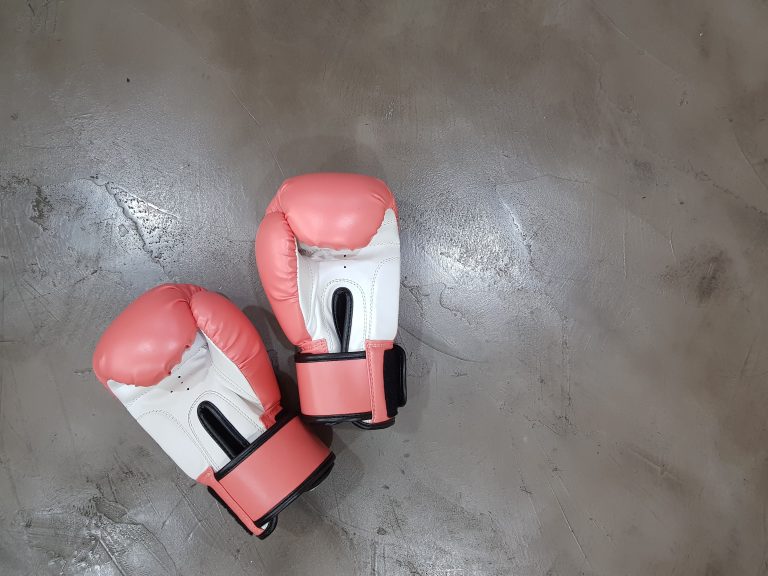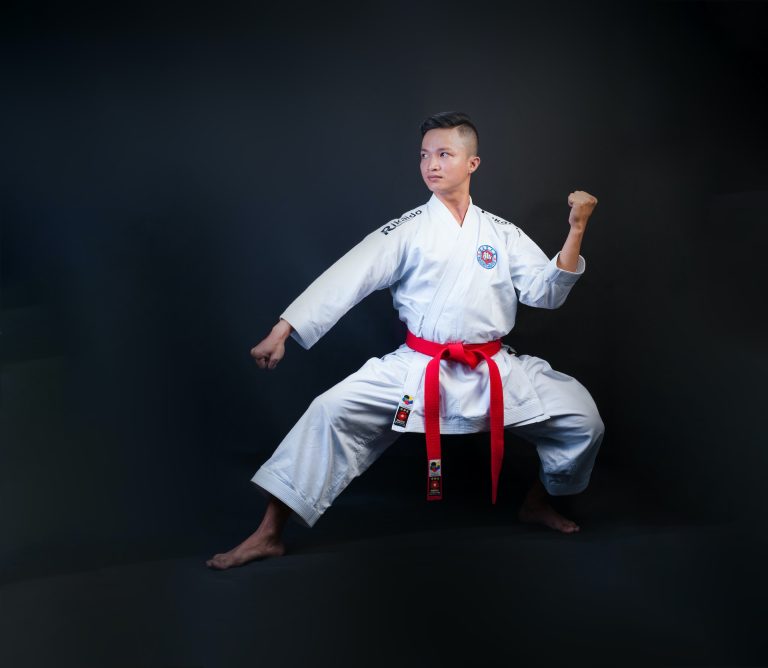The Best Karate Tips for Self-Study at Home
Are you interested in martial arts and want to learn karate? Do you lack time or resources to attend a formal karate class? Fear not, because self-studying karate at home is definitely a plausible and effective option. With these tips, you can start improving your karate skills at home:
1. Set Up a Dedicated Training Space
First and foremost, you need to establish a suitable space for your karate training. Preferably, this should be a quiet and spacious area, free from any clutter or obstacles. You should also invest in supportive flooring, such as interlocking mats, to cushion your joints while performing your karate techniques.
2. Learn Basic Karate Moves
To get started, it’s essential that you learn basic karate moves, such as punches, kicks, blocks, and stances. There are numerous online resources and tutorials that can guide you through this process, but you can also consider investing in an instructional karate DVD for a more comprehensive and structured approach.
3. Practice Regularly
Repetition is key to mastery, and regular practice is essential if you want to improve your karate skills. Allocate a specific time for your training, whether it’s daily or a few times a week, and stick to it. Consistency is key, so make sure that you maintain a regular practice schedule.
4. Focus on Proper Form and Technique
When practicing karate, it’s crucial to focus on proper form and technique. This not only ensures that you’re performing techniques safely, but also maximizes your gains by targeting the right muscle groups. Familiarize yourself with the proper footwork, posture, and breathing to enhance your technique.
5. Incorporate Strength and Conditioning Exercises
In addition to practicing karate techniques, you can supplement your training with strength and conditioning exercises. These exercises not only help you build muscle and endurance, but also improve flexibility and prevent injury. Simple exercises like push-ups, planks, and squats can make a significant difference in your overall performance.
6. Evaluate Your Progress and Set Goals
As you progress, it’s important to evaluate your progress and set goals for yourself. You can keep track of your performance by recording your training sessions, tracking your progress in certain techniques, or even challenging yourself with a specific fitness goal. These goals help you stay motivated and give you a sense of accomplishment as you achieve them.
Conclusion
Practicing karate at home is an excellent option for anyone who is passionate about martial arts and wants to improve their skills. With intentional practice, proper technique, and consistency, you can develop your karate skills and even take it to the next level. Follow these tips and tricks to get started and take control of your karate journey.
The Best Karate Tips for Self-Study at Home – Your Ultimate Guide
Karate is an ancient martial art form of Japan. Although it has been practiced for centuries, it is still relevant today as a means of self-defense, fitness, and personal development. Learning karate can benefit you in many ways, but it requires continuous practice and dedication. With the ongoing COVID-19 pandemic, many karate studios and dojos are closed or have limited hours, making it difficult for practitioners to continue their practice. However, the good news is that you can practice karate at home, even if you are a beginner. In this blog post, we will answer some of the most frequently asked questions about the best karate tips for self-study at home.
1. Is it possible to learn karate at home?
Yes, it is possible to learn karate at home, but it requires dedication, commitment, and discipline. Learning karate is not just about physical exercise; it also involves mental strength and technical skills. If you are a beginner, it is recommended to learn karate from a certified instructor or at a dojo. However, if you cannot attend classes, you can use various resources such as books, online tutorials, and videos to learn karate.
2. What are the essential equipment for practicing karate at home?
Karate requires minimal equipment. All you need is a dedicated space for practice, comfortable clothing, and the following:
- Gi (karate uniform)
- Belts
- Gloves
- Shin guards
- Focus mitts or punching pads
- Kicking shield
- Jump rope
However, as a beginner, you do not necessarily need all the equipment mentioned above. You can start with a gi, belt, or comfortable clothing that allows you to move freely.
3. Can I learn karate without a partner?
Karate involves various techniques, from punches and kicks to throws and joint locks. Practicing alone at home can be challenging, especially when it comes to sparring and partner drills. However, it is still possible to learn karate without a partner. Some of the techniques you can practice alone include katas, which are prearranged patterns of movements, and basics such as punches, kicks, blocks, and strikes. You can also use focus mitts or punching pads to practice your techniques.
4. What are the best exercises for karate at home?
Karate requires strength, flexibility, and endurance. Therefore, it is essential to incorporate various exercises into your home practice routine. Here are some exercises that will help you improve your karate skills:
- Cardiovascular exercises such as running, jump rope, and high-intensity interval training (HIIT).
- Strength training exercises such as push-ups, squats, and lunges
- Flexibility exercises such as stretching, yoga, and Pilates
- Plyometric exercises such as jumping jacks, split jumps, and box jumps.
- Balance and coordination exercises such as agility ladder drills, one-legged squats, and balancing on one foot
5. What are some tips for practicing karate at home?
Practicing karate at home can be challenging, but here are some tips to make your practice more effective:
- Set a schedule and stick to it
- Choose a dedicated space for your practice and eliminate distractions
- Warm-up before each practice session to prevent injuries
- Practice proper form and technique
- Enlist a friend or family member for feedback on your technique.
- Record yourself practicing and watch it later for self-critique
- Focus on your weaknesses and work on improving them
- Incorporate stretching and flexibility exercises into your routine
- Stay motivated and persistent. Consistency is key to improving your skills.
6. Is it necessary to follow a particular style of karate for practicing at home?
Karate has various styles, including Shotokan, Shito Ryu, Goju Ryu, and Wado Ryu, among others. Each style has its unique techniques, katas, and philosophies. When practicing karate at home, it is not necessary to follow a particular style. However, it is essential to learn the basics of karate, which include punches, kicks, blocks, and strikes. Once you master the basics, you can explore different techniques and styles.
7. Can I still get a black belt if I practice karate at home?
Karate is a disciplined martial art that requires years of practice, dedication, and commitment to achieve a black belt. However, some organizations may require you to attend classes, seminars, or camps to earn a black belt. Therefore, it is recommended to study the requirements for earning a black belt before embarking on a home practice routine. Nevertheless, practicing karate at home can help you improve your skills, enhance your discipline, and develop mental and physical strength.
Conclusion
Karate is an excellent martial art form that can help you stay fit, defend yourself, and develop discipline and mental strength. Practicing karate at home is possible, but it requires dedication, commitment, and self-discipline. Remember to follow the tips mentioned above, practice with proper form and technique, and warm-up before each session. Keep in mind that consistency is key to improving your skills. Whether you are a beginner or an advanced practitioner, practicing karate at home can help you achieve your goals and become a better version of yourself.
Inhaltsverzeichnis






